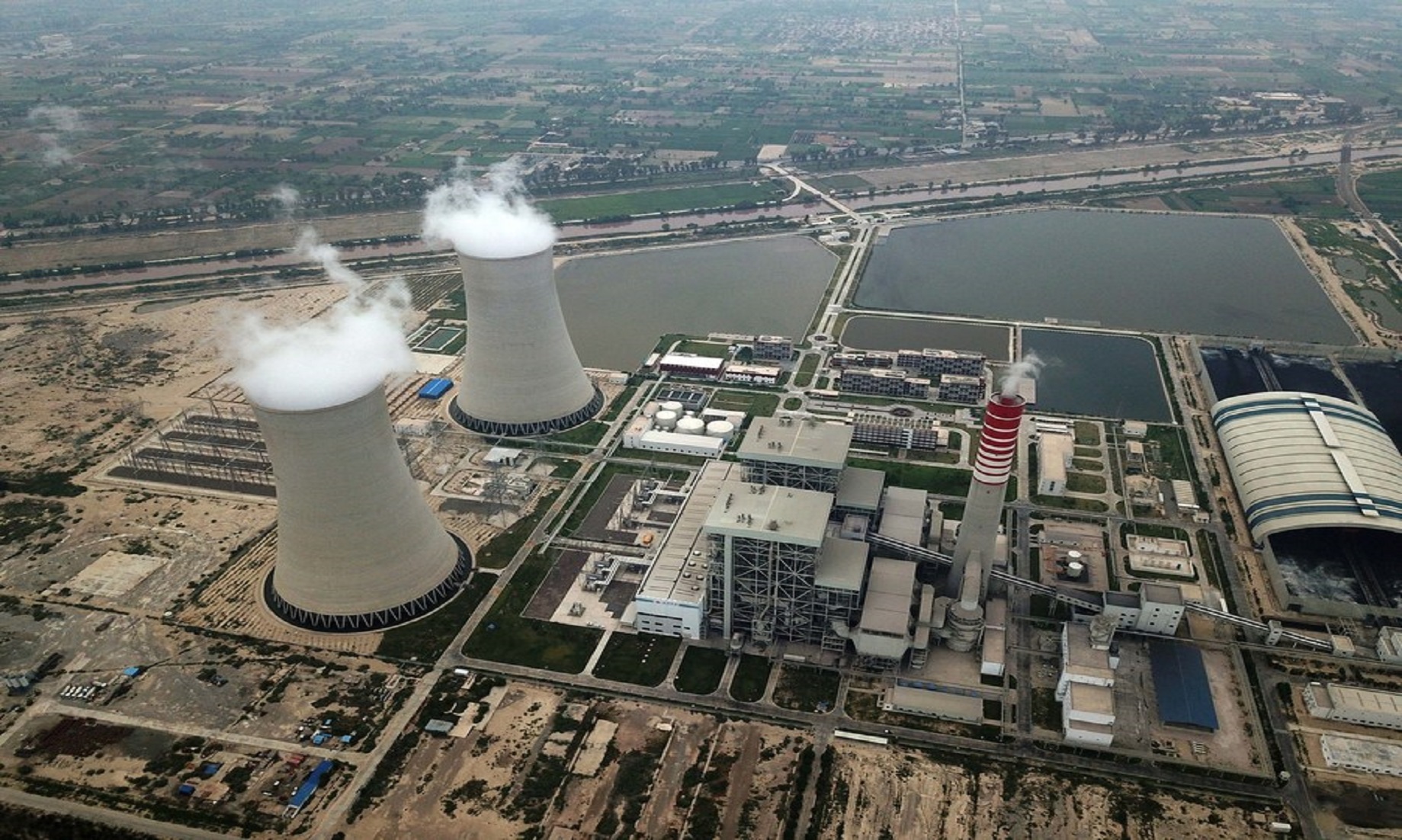ISLAMABAD, May 7 (NNN-XINHUA) – Pakistan will start reaping the benefits of the second phase of the China-Pakistan Economic Corridor (CPEC), in the form of industrial and agricultural development and a better road connectivity, Chairman of Pakistan’s CPEC Authority, Asim Saleem Bajwa, said.
Several roads under CPEC are in their final phase, which are expected to be inaugurated in 2021, and after their completion, locals will experience a better connectivity, and business opportunities in the country will increase, Bajwa said.
Talking about the special economic zones (SEZs), established under the framework of CPEC, the official said, they are receiving many applications from local and foreign enterprises, to invest in the SEZs, where the government provides a one-window operation to facilitate investors.
In Allama Iqbal SEZ of Punjab province’s Faisalabad city, investors from Canada, Britain and Germany have applied to set up industry in the form of joint ventures with local partners in the SEZ. “Apart from them, Pakistani-American doctors, along with some U.S. doctors have approached to establish a pharmaceutical sector in the SEZ,” Bajwa said.
He added that efficient and corporate farming are going to be introduced for the first time in the country, in cooperation with China under CPEC.
“Model farms are going to be started on vast areas of land under CPEC from the next crop, and a 25-percent enhancement in local yields is expected, under the guidance of Chinese experts on the farms,” he said.
Earlier, addressing a ceremony at Karachi Chamber of Commerce and Industry, Bajwa said that the second phase of CPEC will contribute to poverty alleviation and GDP growth in Pakistan.
Launched in 2013, CPEC is a corridor linking Gwadar port in south-west Pakistan with Kashgar, in north-west China’s Xinjiang Uyghur Autonomous Region, which highlights energy, transport and industrial cooperation.– NNN-XINHUA





